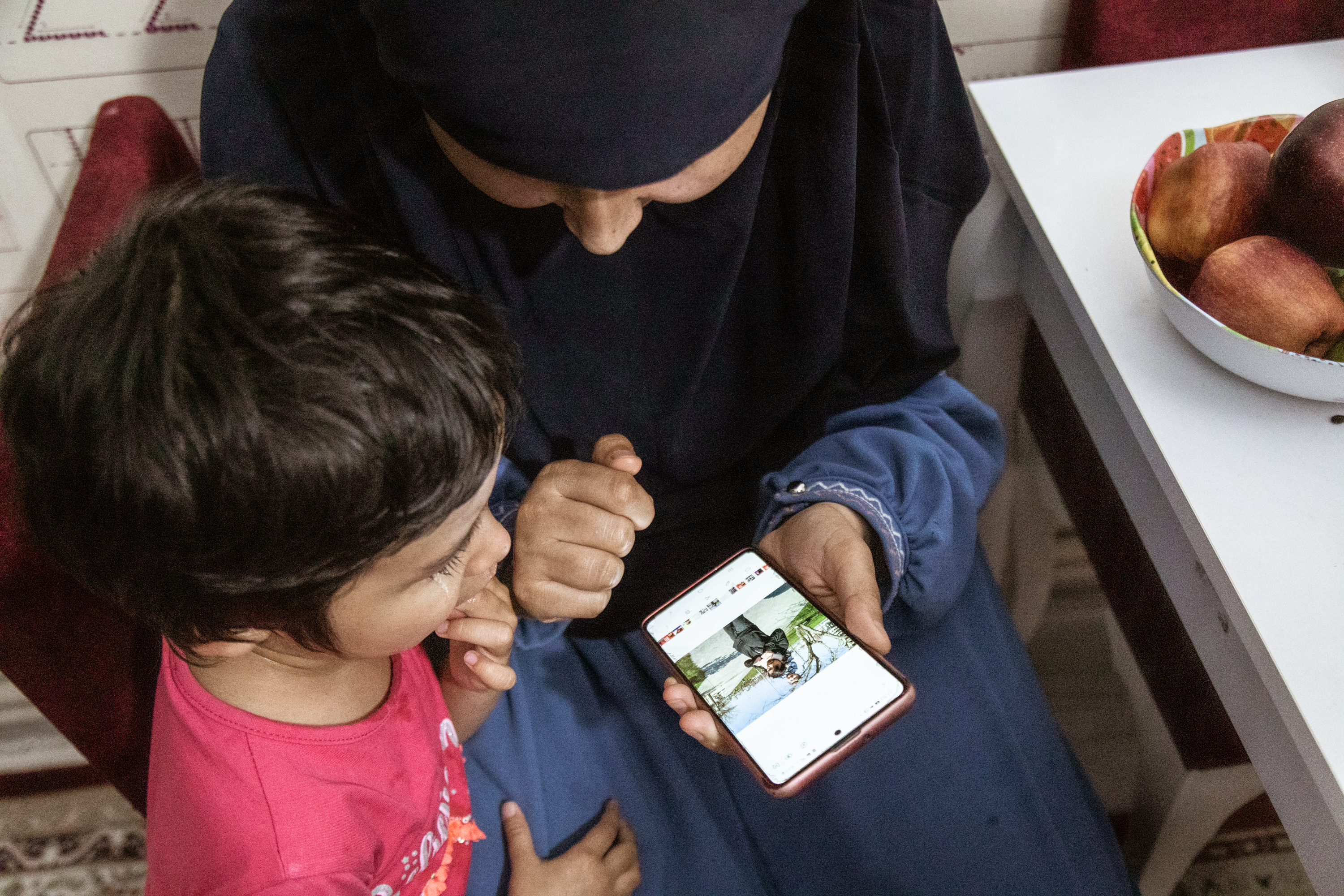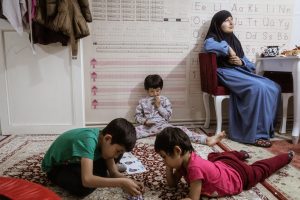July marks the second year since high-profile Uyghur activist Idris Hasan was detained on arrival at the Casablanca airport and was imprisoned under an Interpol red notice request from the Chinese government.
After landing in Morocco, he was forcibly removed from the plane by Moroccan authorities with no explanation. He went silent for days. During that time, he was violently stripped of his belongings and told that he would be quickly extradited back to China as a wanted terrorist.
This marked the first time Morocco had complied with a Chinese request under their newly minted bilateral extradition agreement; it went into effect in January 2021.
Today, Idris sits imprisoned in solitary confinement in the notorious Tiflet prison, which holds other dissidents, both international and domestic. Tiflet is well-known for its punitive conditions, the harshest in Morocco.
The life of Zeynure Hasan, Idris’ wife, has been a non-stop nightmare ever since he was detained.
Zeynure (Buzainuer is her Uyghur name) is perpetually tense. She often checks her phone notifications for anything about Idris, always expecting the worst. The fear and stress have taken a heavy physical and mental toll on her, and she worries for her three children. The longer his detention goes on, the more she fears the children will lose what connection they had with their father.
Patience is running thin as she struggles in a cramped Istanbul apartment, doing her best as Idris languishes in prison in Morocco. She is riddled with guilt for ever letting him go.
In prison, Zeynure says, “Sometimes he sits patiently and feels ok, but other times he is very nervous. No one can be calm all the time in a place like Tiflet.”
Laura Harth, campaign director for Safeguard Defenders, who has worked on Idris’ case from the beginning says, “I was contacted two days after Idris was detained at Casablanca airport through a friend of the family who we worked closely together with, Abduweli Ayup. We are now approaching two years of his detention.”
Harth says Idris’ arrest was “in blatant violation of the Interpol statute, which Interpol eventually admitted itself. By the time they did, it was too late.”
“I think Morocco knew we would go to the Committee against Torture at the U.N. or hoped we would. As soon as that extradition decision came in, Safeguard Defenders and MENA Rights Group appealed to the U.N. Committee against Torture and got interim measures… [That’s] what has been protecting him against extradition. However, until the Committee against Torture issues its full ruling, it leaves him in limbo,” Harth says.

Zeynure shows Uyguray a photo of Idris on her phone in May 2023. Photo by Nicholas Muller.
































